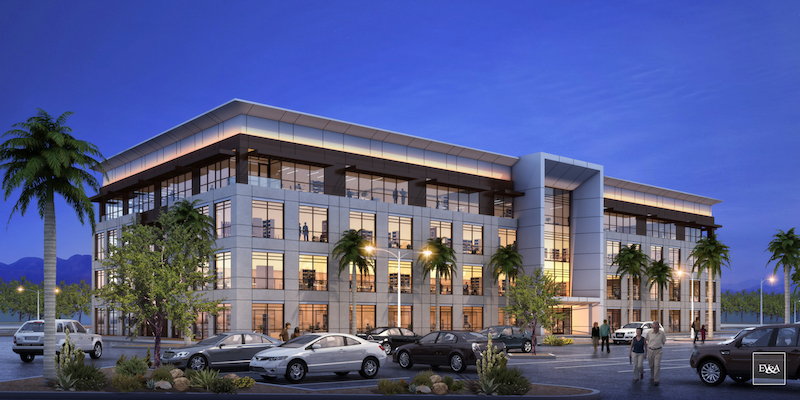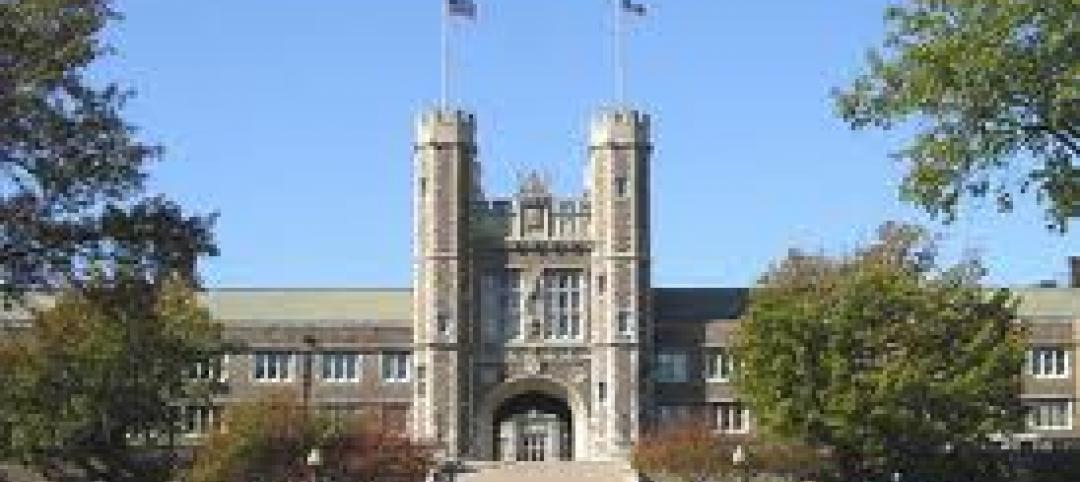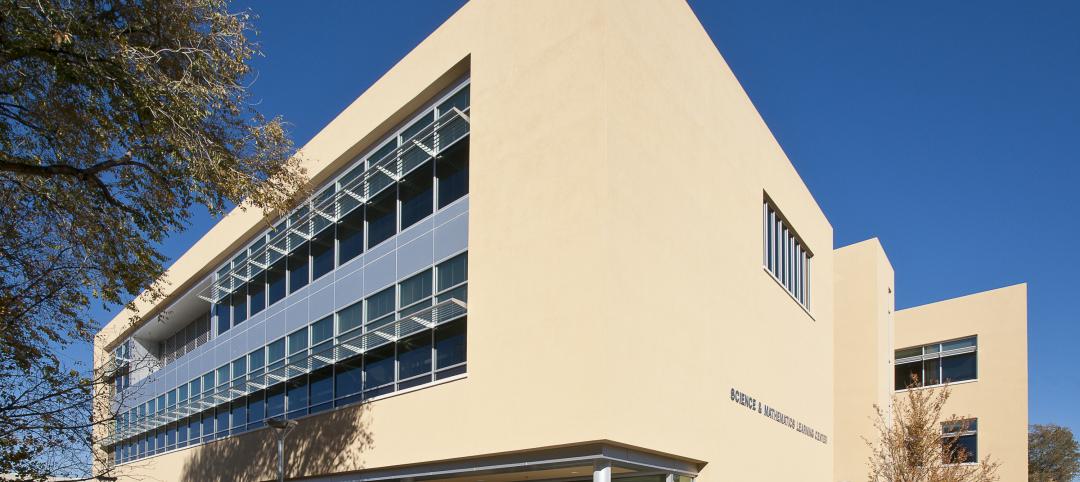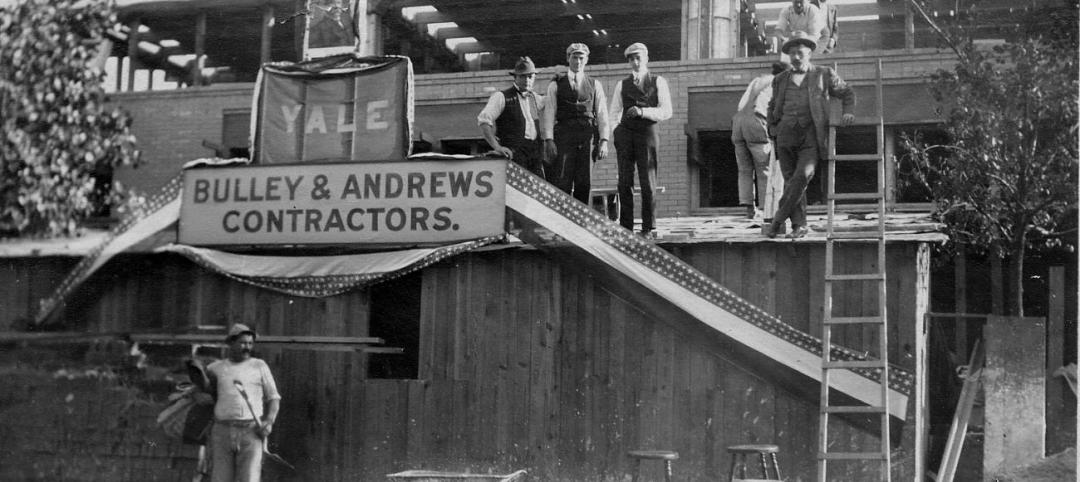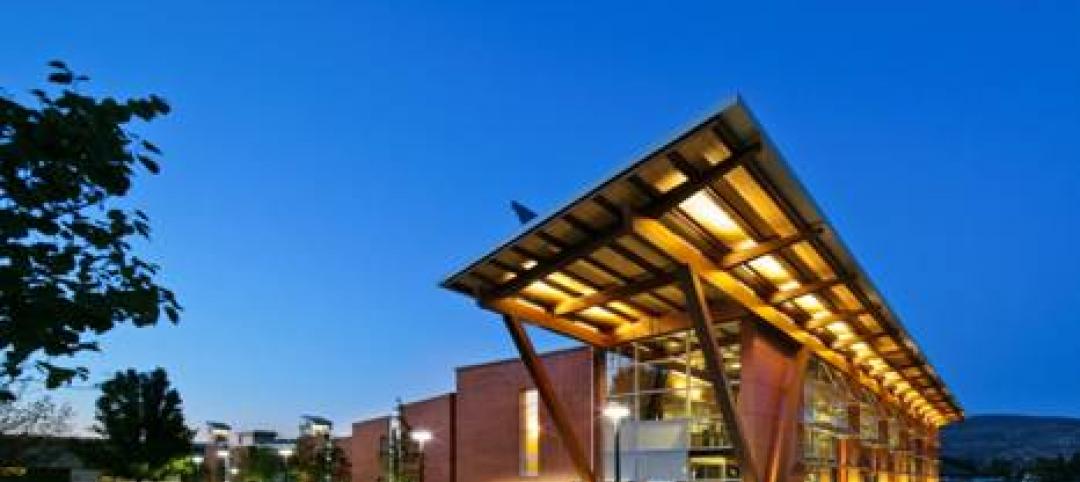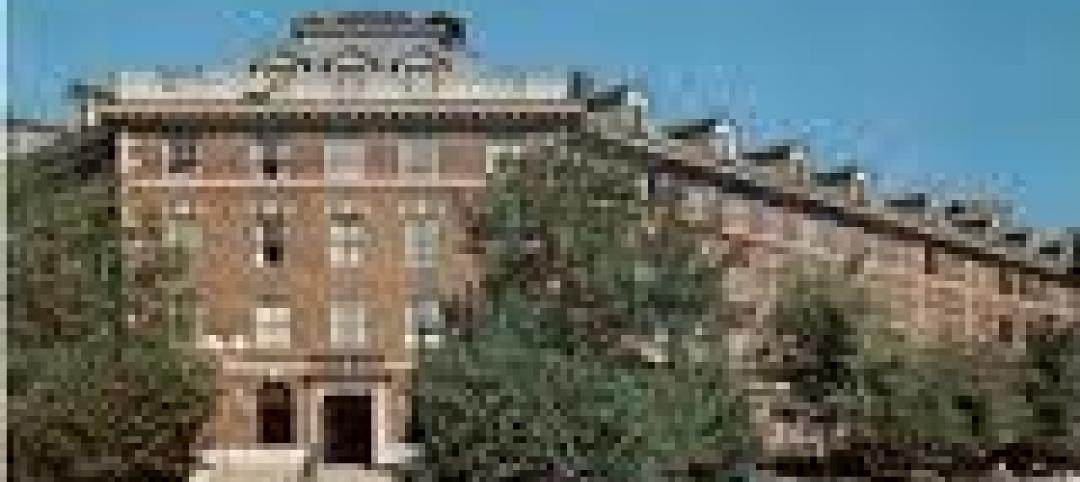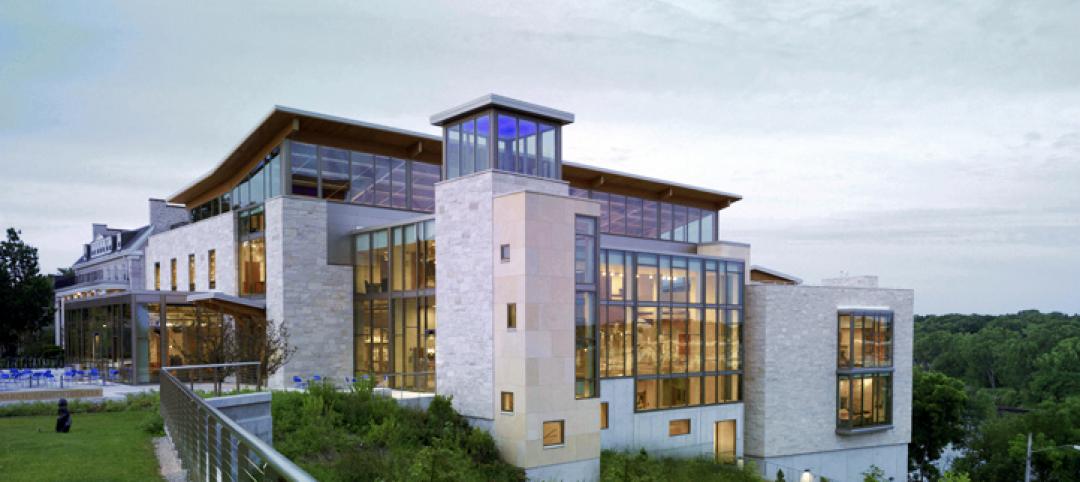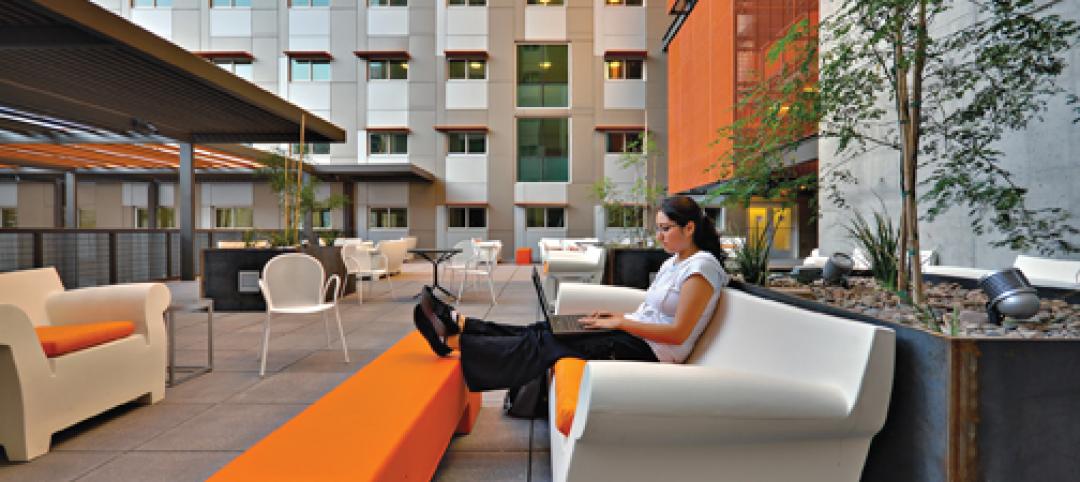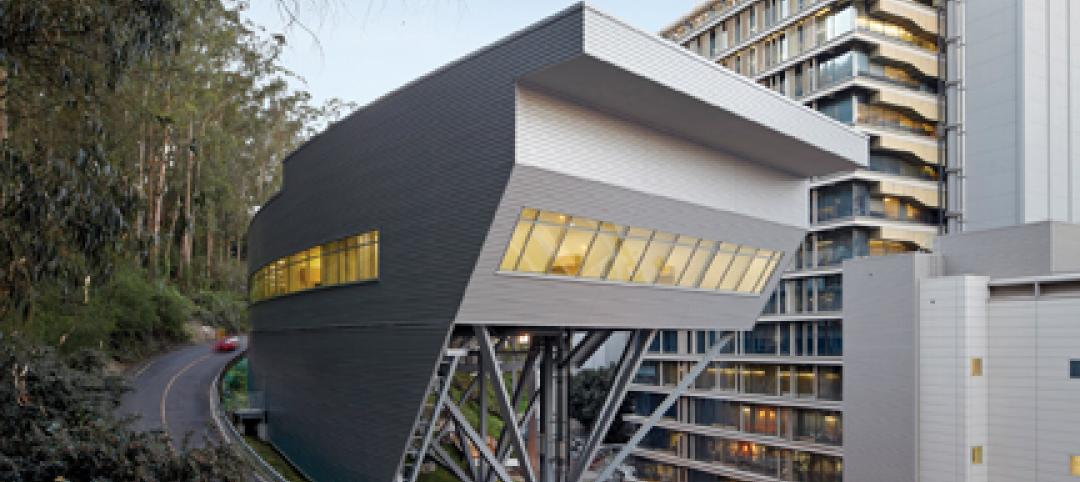Gardner Company, UNLV, and the UNLV Research Foundation (UNLV RF), recently announced the groundbreaking of the first innovation building on the new Harry Reid Research and Technology Park campus.
The four-story, 111,000-sf facility will serve as a testing ground for new ideas and businesses that will help to strengthen both the university and the larger community of Southern Nevada. The building marks the beginning of the 122-acre master planned development located near the intersection of Sunset and Durango in Las Vegas.
“Research and economic development activities are on the rise at UNLV, and this building will help us take our efforts to the next level,” said Zachary Miles, UNLV Associate Vice President for Economic Development and Executive Director of the UNLV Research Foundation. “Research parks encourage more direct collaboration between industry and university research than is often possible on college campuses.
Once fully developed, the campus is projected to create up to 25,000 new jobs and $2.6 billion in direct and indirect economic impact for the city. EVA Architects is the architect for the project.
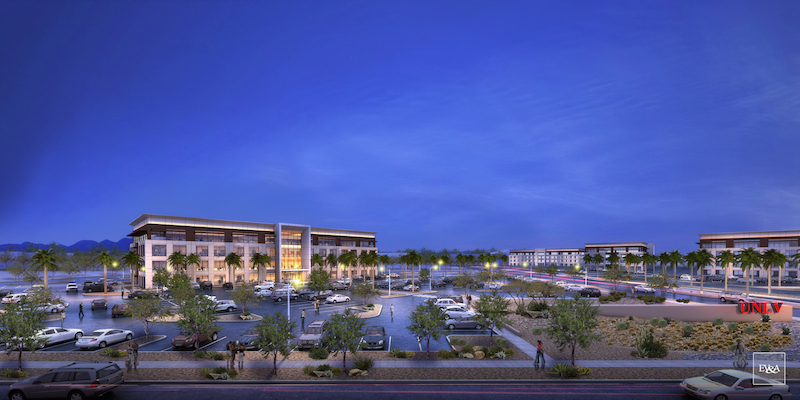 Rendering EVA Architects Courtesy UNLV.
Rendering EVA Architects Courtesy UNLV.
Related Stories
| Oct 17, 2011
Clery Act report reveals community colleges lacking integrated mass notification systems
“Detailed Analysis of U.S. College and University Annual Clery Act Reports” study now available.
| Oct 14, 2011
University of New Mexico Science & Math Learning Center attains LEED for Schools Gold
Van H. Gilbert architects enhances sustainability credentials.
| Oct 12, 2011
Bulley & Andrews celebrates 120 years of construction
The family-owned and operated general contractor attributes this significant milestone to the strong foundation built decades ago on honesty, integrity, and service in construction.
| Sep 30, 2011
Design your own floor program
Program allows users to choose from a variety of flooring and line accent colors to create unique floor designs to complement any athletic facility.
| Sep 23, 2011
Okanagan College sets sights on Living Buildings Challenge
The Living Building Challenge requires projects to meet a stringent list of qualifications, including net-zero energy and water consumption, and address critical environmental, social and economic factors.
| Sep 14, 2011
Research shows large gap in safety focus
82% of public, private and 2-year specialized colleges and universities believe they are not very effective at managing safe and secure openings or identities.
| Sep 7, 2011
KSS Architects wins AIA NJ design award
The project was one of three to win the award in the category of Architectural/Non-Residential.
| May 18, 2011
Major Trends in University Residence Halls
They’re not ‘dorms’ anymore. Today’s collegiate housing facilities are lively, state-of-the-art, and green—and a growing sector for Building Teams to explore.
| May 18, 2011
Raphael Viñoly’s serpentine-shaped building snakes up San Francisco hillside
The hillside location for the Ray and Dagmar Dolby Regeneration Medicine building at the University of California, San Francisco, presented a challenge to the Building Team of Raphael Viñoly, SmithGroup, DPR Construction, and Forell/Elsesser Engineers. The 660-foot-long serpentine-shaped building sits on a structural framework 40 to 70 feet off the ground to accommodate the hillside’s steep 60-degree slope.


